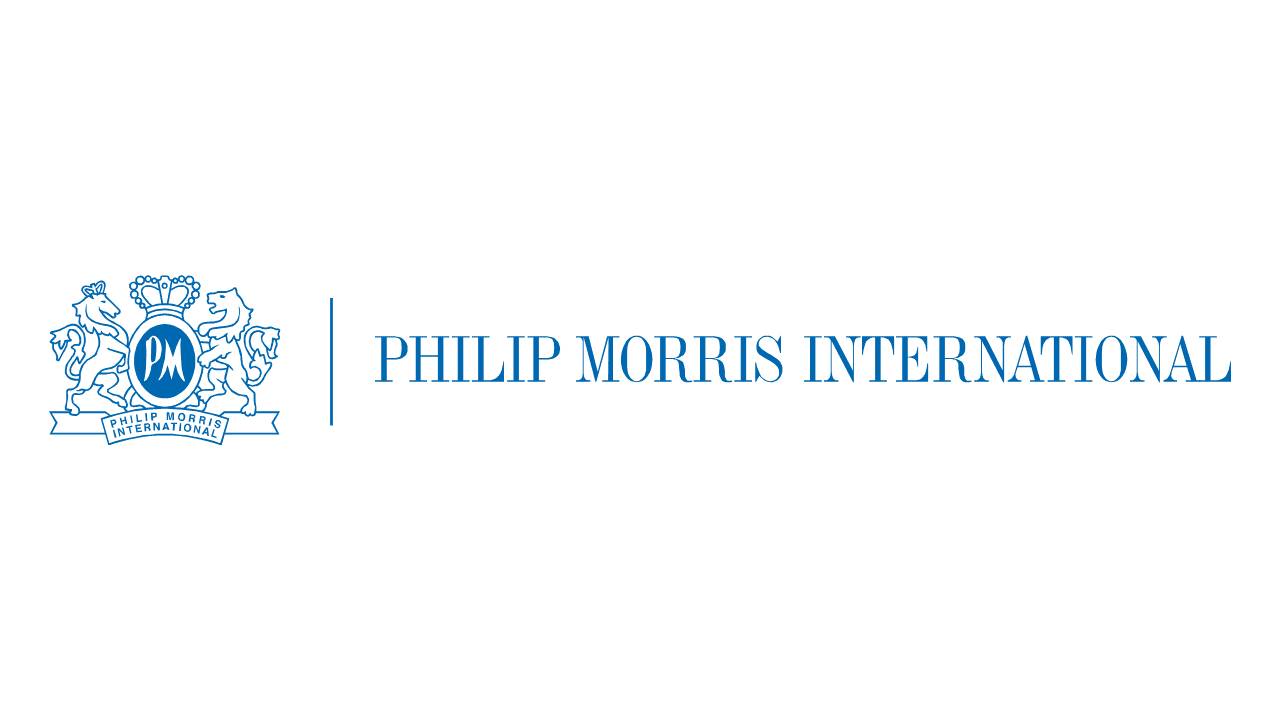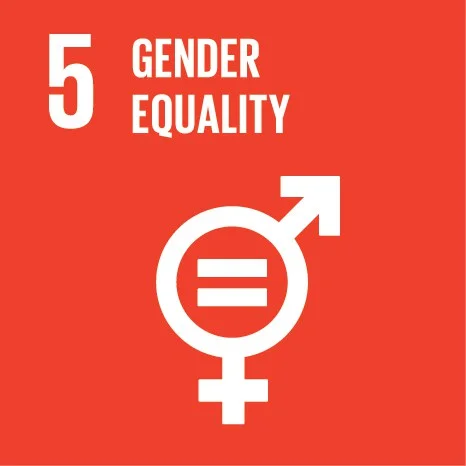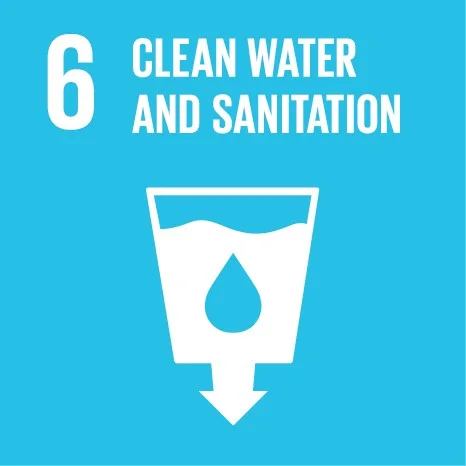2.4) By 2030, ensure sustainable food production systems and implement resilient agricultural practices that increase productivity and production, that help maintain ecosystems, that strengthen capacity for adaptation to climate change, extreme weather, drought, flooding and other disasters and that progressively improve land and soil quality
As a global company sourcing from 450,000 tobacco farms on which 2.5 million people live or work, Philip Morris International (PMI) takes very seriously its role in promoting sustainable agriculture. PMI's contribution to SDG 2 focuses on addressing food security needs, increasing the productivity and incomes of small scale farmers, promoting crop diversification, and continuous investment in extension services, agronomy research and technology development and implementation. Moreover, because rain patterns can be a major obstacle to agricultural production in certain venues, such as Sub-Saharan Africa, we have also focused on addressing improved infrastructures to retain rain water in countries in our supply chain. Through its Good Agricultural Practices program, PMI has been supporting smallholder farmers to grow food crops in parallel with tobacco by financing food crop inputs (fertilizer and improved seed, e.g. maize, soy, groundnuts, grains, potatoes and rice) and providing technical assistance through over 1,000 field agronomists who visit farms in, for example, Malawi, Mozambique and Tanzania. The goal is for farmers to produce multiple kilos of food for every kilo of tobacco they grow. In 2017, these efforts reached approximately 150,000 smallholder farmers in sub-Saharan Africa, who have seen food crop yield improvements of up to four times (e.g. maize), enough to ensure food security for the family and in many cases to generate surplus for sale in local markets. In fact, food crop production is outpacing tobacco leaf production in some of those venues where the integrated production system is being applied in sub-Saharan Africa. Together with suppliers, PMI is exploring with other international commodity buyers and other stakeholders the possibilities for establishing sustainable routes to market for the surplus food crops produced by farmers in the supply chain in these countries, leveraging on the infra-structure and related systems that it and suppliers have set up.
3.5) Strengthen the prevention and treatment of substance abuse, including narcotic drug abuse and harmful use of alcohol
Smoking cigarettes causes serious disease and is an obstacle to good health. SDG 3 has a tobacco specific target: strengthening the implementation of the World Health Organization Framework Convention on Tobacco Control. In addition, SDG 3 includes a target, to reduce by 30% premature mortality from non-communicable diseases including tobacco related diseases. At Philip Morris International (PMI), we understand and respect that we have a special obligation to market our products responsibly and that our stance on the regulation and taxation of our products should be consistent with public health objectives. Despite comprehensive requirements in place to control tobacco use, the WHO estimates that there will still be close to 1 billion smokers in the foreseeable future. Smoking prevention and cessation efforts must continue, but accelerating the switch to less harmful smoke-free alternatives, holds the potential to improve the health outcomes and quality of life of those smokers who otherwise will continue smoking, and significantly contribute to the SDG 3 target of reducing premature mortality.
PMI has announced its vision of a smoke-free world and its objective is to convince all adult smokers who cannot or do not intend to quit smoking to switch to smoke-free products. PMI is spending billions on research and development and re-allocating resources towards less harmful products. By doing this, PMI aims to convert the maximum number of smokers as soon as possible and contribute to the SDG3 target. PMI acknowledges that collaboration with governments and other stakeholders is necessary to achieve this goal. PMI is also committed to marketing its alternatives to combustible cigarettes in a responsible way, i.e., only to adult smokers who want to continue using tobacco.
5.1) End all forms of discrimination against all women and girls everywhere
Philip Morris International (PMI) is committed to gender equality, and empowering and providing opportunity to women and girls in a diverse workforce of 82,000 people. For example, PMI, a U.S. company headquartered in New York, is the first multinational present in Switzerland where PMI has its operations center, to be awarded Equal-Salary Status. Equal Salary is an organization that operates in collaboration with the Geneva University Employment Observatory, an institution specialized in labor-market issues. It provides certification of equal compensation for women and men. PMI is working to expand its certified equal-salary status to other geographies. PMI takes a merit-based approach to all employment-related decisions and does not limit people’s opportunity to contribute or advance based on age, childcare responsibilities, disability, ethnicity, gender, gender expression, sexual orientation, religion, pregnancy, or other protected personal characteristics.
6.3) By 2030, improve water quality by reducing pollution, eliminating dumping and minimizing release of hazardous chemicals and materials, halving the proportion of untreated wastewater and increasing recycling and safe reuse globally
Philip Morris International (PMI) recognizes that our environmental contribution to sustainably manage the planet's limited resources is key to our long-term growth, especially as we progress towards our vision of a smoke-free future. Using 2010 as a baseline, PMI was pleased to see a 17% reduction in water usage worldwide by 2017. In 2017, PMI joined the Alliance for Water Stewardship to guide its efforts towards water sustainability across its manufacturing operations. Building on the successful certification of its factory in Brazil in March 2018, PMI has committed to implementing the AWS standard across its operations, aiming to certify at least 10 more facilities by 2020, and all of operations worldwide by 2030. Developed by leading environmental organizations and launched in 2014, the AWS Standard not only covers water use in company operations on-site but also looks at the local watershed and community needs where the site is located. The Standard advocates a management system approach, leveraging on a multistakeholder framework, to achieve four outcomes: water governance, sustainable water balance, good water quality and habitat protection. We encourage other organizations to join the effort.
6.4) By 2030, substantially increase water-use efficiency across all sectors and ensure sustainable withdrawals and supply of freshwater to address water scarcity and substantially reduce the number of people suffering from water scarcity
Philip Morris International (PMI) is developing and executing a strategy to responsibly use the water it needs, such as understanding what water we need and how not to negatively impact the quality of water resources, ensuring Access to Safe Water, Sanitation and Hygiene (WASH) in all our facilities, and seeking partnerships and working with others to improve water stewardship. Furthering these principles through Good Agricultural Practices in the supply chain, PMI achieved a 24% reduction in water consumption between 2010 and 2015, beating its target of 20%. In tobacco-growing, PMI expects affiliates and suppliers to have a water management plan that takes into account the locations that are most at risk from water scarcity and promotes efficient water use and renewability of sources. These plans address the use and management of water to minimize adverse impacts to other users within water catchment areas, including local communities. The plans also cover access to adequate, clean water for drinking, cooking, bathing, and cleaning purposes for local communities, workers, and their families.









